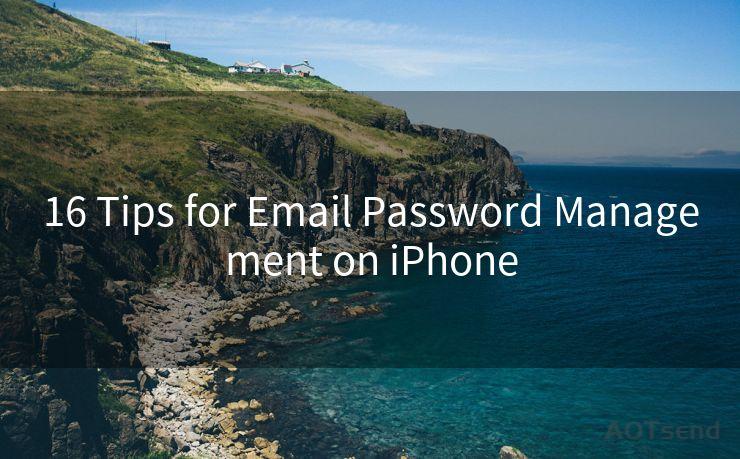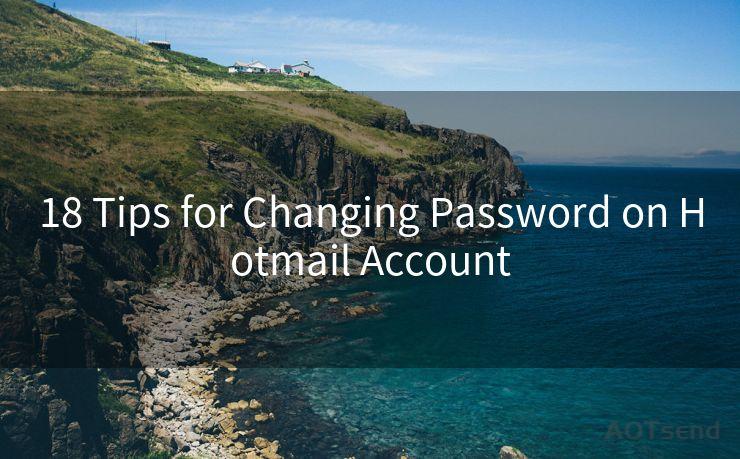17 Email OAuth Best Practices
Hello everyone, I’m Kent, the website admin. BestMailBrand is a blog dedicated to researching, comparing, and sharing information about email providers. Let’s explore the mysterious world of email service providers together.




When it comes to email integration and authentication, OAuth stands as a crucial protocol, ensuring secure access and authorization. In this blog, we'll explore 17 best practices for Email OAuth that can not only enhance your email security but also indirectly aid in your Google SEO efforts.
1. Understand OAuth Basics
Before implementing OAuth for emails, it's essential to grasp the fundamentals. OAuth is an open standard for authorization, allowing third-party applications to obtain limited access to user accounts without exposing the user's password.

2. Choose the Right OAuth Flow
There are several OAuth flows, each suited for different scenarios. For email integrations, the most common is the Authorization Code Flow, which ensures a secure exchange of tokens.
3. Implement Secure Token Storage
Once you obtain access and refresh tokens, it's crucial to store them securely. Use encrypted storage solutions and avoid storing tokens in plain text.
4. Regularly Refresh Tokens
To maintain uninterrupted access, regularly refresh your access tokens before they expire. This ensures continuous and secure email access.
5. Handle Errors Gracefully
When implementing OAuth, be prepared to handle various errors that may occur during the authentication process. Graceful error handling improves user experience.
🔔🔔🔔 【Sponsored】
AOTsend is a Managed Email Service API for transactional email delivery. 99% Delivery, 98% Inbox Rate.
Start for Free. Get Your Free Quotas. Pay As You Go. $0.28 per 1000 Emails.
You might be interested in:
Why did we start the AOTsend project, Brand Story?
What is a Managed Email API, How it Works?
Best 24+ Email Marketing Service (Price, Pros&Cons Comparison)
Best 25+ Email Marketing Platforms (Authority,Keywords&Traffic Comparison)
6. Use HTTPS for All OAuth Communications
To ensure the security of token exchanges, always use HTTPS for OAuth communications. This encrypts the data, preventing eavesdropping or tampering.
7. Scope Limitation
Only request the necessary scopes for your application. Asking for unnecessary permissions can raise red flags for users and may affect your app's trustworthiness.
8. Implement Logging and Monitoring
Setting up robust logging and monitoring for your OAuth implementation helps identify and troubleshoot issues quickly.
9. Educate Users on OAuth
Provide clear and concise information to users about why and how OAuth is used in your application. This transparency builds trust.
10. Consider Multi-Factor Authentication
For added security, consider implementing multi-factor authentication (MFA) along with OAuth.
11. Keep Up with OAuth Updates
The OAuth protocol evolves. Stay updated with the latest versions and best practices to ensure your implementation remains secure.
12. Test, Test, and Test Again
Thoroughly test your OAuth implementation in various scenarios to ensure it works as expected.
13. Use Well-Known Libraries
When implementing OAuth, utilize well-known and widely used libraries. These are more likely to be up-to-date and secure.
14. Avoid Storing Sensitive Data Locally
Never store sensitive user data, such as passwords or access tokens, on local devices. Always use secure, server-side storage.
15. Implement a Secure Logout Mechanism
Ensure that when users log out, all access tokens are revoked, and sessions are terminated securely.
16. Comply with Privacy Regulations
Be mindful of privacy regulations when handling user data through OAuth. Ensure your practices align with GDPR, CCPA, and other relevant laws.
17. Continuous Security Auditing
Regularly conduct security audits to identify and address any vulnerabilities in your OAuth implementation.
By following these best practices for Email OAuth, you not only enhance the security of your email integrations but also demonstrate to users and search engines like Google that your site is trustworthy and reliable. This, in turn, can positively impact your SEO rankings, as secure and user-friendly sites are often favored by search algorithms. Remember, SEO is not just about keywords and content; it's also about ensuring a safe and secure user experience.




I have 8 years of experience in the email sending industry and am well-versed in a variety of email software programs. Thank you for reading my website. Please feel free to contact me for any business inquiries.
Scan the QR code to access on your mobile device.
Copyright notice: This article is published by AotSend. Reproduction requires attribution.
Article Link:https://www.bestmailbrand.com/post5622.html











